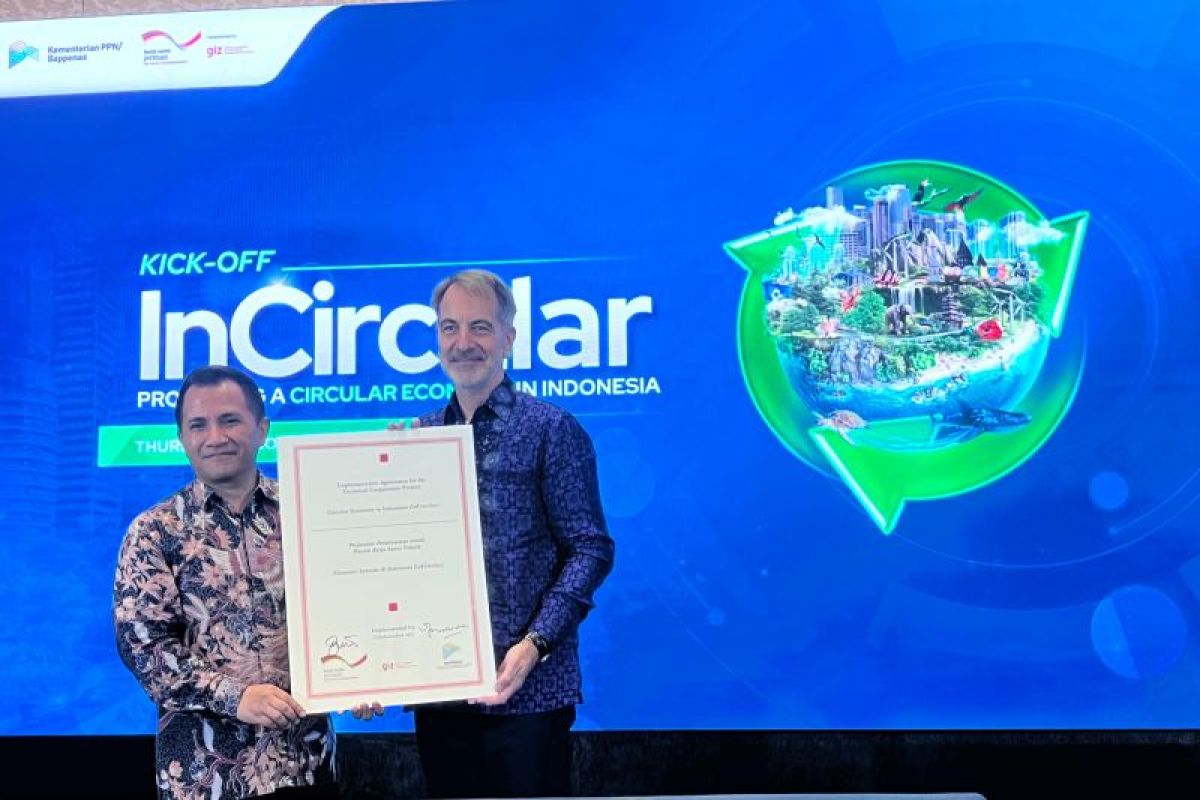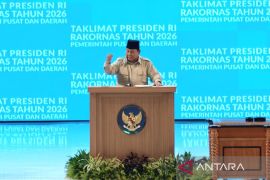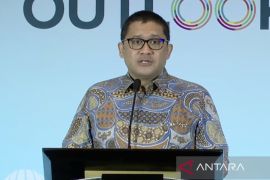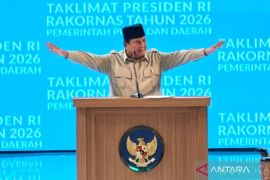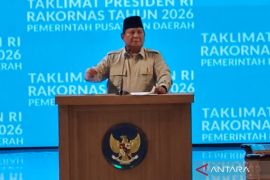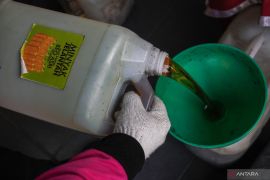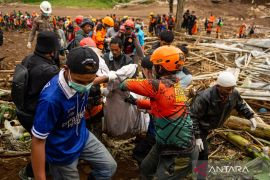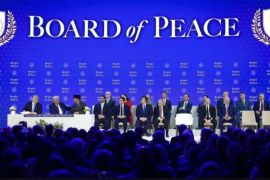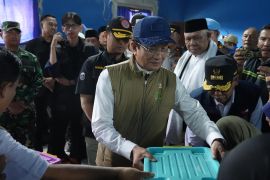Bappenas and GIZ also signed a cooperation agreement for the InCircular Project to support the implementation of Indonesia’s Circular Economy Roadmap & Action Plan by strengthening the regulatory framework, increasing capacity, strengthening cross-stakeholder coordination, and improving waste management systems in selected areas in Indonesia.
“The five-year collaboration will not only be implemented at the national level, but also in three pilot provinces: East Java, Bali, and Jakarta,” an official of the Bappenas, Leonardo AA Teguh Sambodo, said in an official statement in Jakarta on Friday.
The initiative is part of German development cooperation through the German Federal Ministry for Economic Cooperation and Development (BMZ).
Sambodo said the InCircular project covers packaging, e-waste, and residue, with East Java focusing on packaging, Bali on residue, and Jakarta on e-waste, and he expects the initiative to support Indonesia’s economic growth, create green jobs, and enhance environmental sustainability.
Over the past decades, Indonesia and Germany have been partners in advancing waste management and the circular economy through financial and technical cooperation, including through the German Development Bank (KfW) and GIZ.
The collaboration includes capacity building of central and regional governments, policy and regulatory development, private sector engagement, and infrastructure planning.
Going forward, the InCircular project is expected to serve as a platform to align, harmonize, and strengthen the shared priorities of Indonesia and Germany in advancing the national circular economy agenda.
He further emphasized Indonesia's commitment to accelerating the transformation toward a circular economy, as outlined in the Circular Economy Roadmap and Action Plan 2025-2045.
Meanwhile, Andreas Foerster, Head of the Southeast Asia Division of the BMZ, stated that waste management reform and strengthening the circular economy are crucial for increasing resource efficiency and driving economic growth.
Foerster said that Germany hosts many leading waste-management and recycling companies, making it keen to support the circular economy sector and recognizing strong potential for bilateral cooperation between the two countries.
Indonesia continues to prioritize tackling waste pollution and advancing a circular economy. Measures like closing open-dumping landfills, introducing Extended Producer Responsibility (EPR), enforcing green industry standards, and expanding waste-to-energy facilities highlight the government’s push to speed up circular practices and strengthen waste management.
Bappenas will also establish a Circular Economy Steering Group to strengthen coordination and guide the implementation of a circular economy across Indonesia, and aims to ensure coherence across ministries, align national priorities, and provide a unified direction to accelerate Indonesia's transition to a circular economy.
Related news: Ministry backs SGAC to boost green finance, circular economy
Related news: Indonesia highlights commitment to circular economy at HLF MSP
Translator: M Baqir Idrus Alatas, Cindy Frishanti Octavia
Editor: Arie Novarina
Copyright © ANTARA 2025
